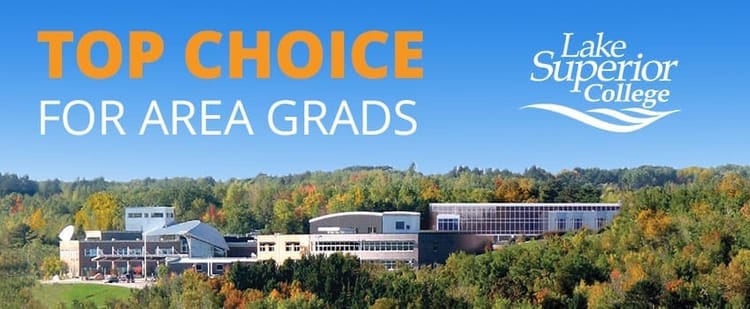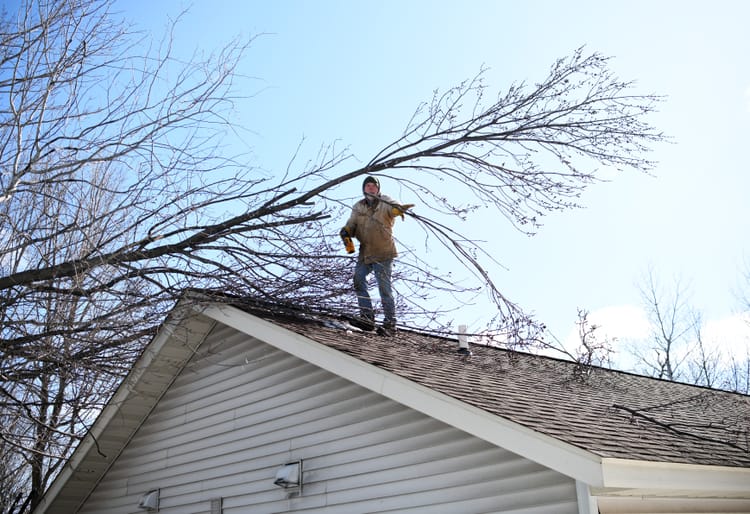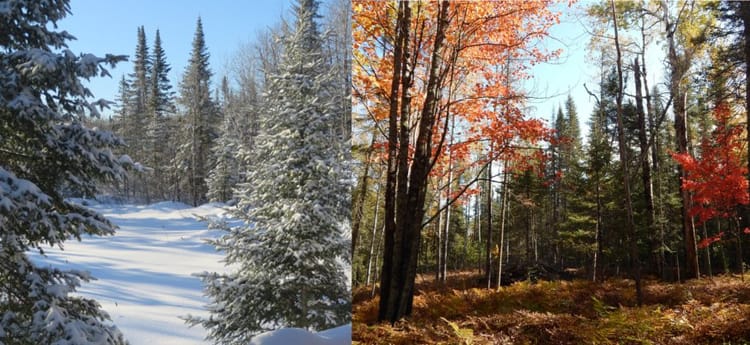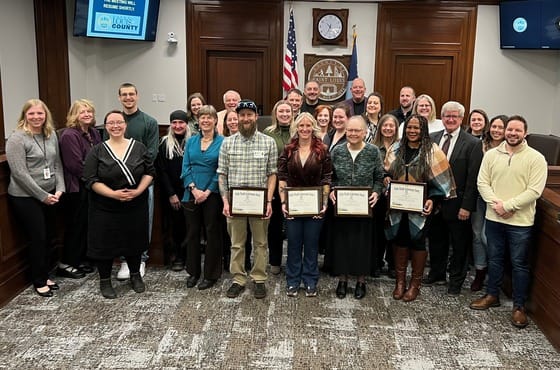Geothermal field approved for use at St. Louis County landfill

By Dana Kazel
The St. Louis County Landfill in Virginia is now finding a new use for the garbage that is hauled there – turning it into an energy source. County leaders on Tuesday held a ribbon cutting at the landfill's new geothermal field, the first of its kind in the state.
"The concept is simple," said Dave Fink, St. Louis County Environmental Services Director. "As garbage decomposes, it naturally produces heat. We are now able to capture that energy and will use it to heat our leachate treatment plant, which is the next phase of this project."
The newest cell at the St. Louis County Landfill spans 10 acres and has a specialized liner with coils at its base. The geo-thermal liner will collect the heat produced by the decomposing waste above it, which is expected to reach 120 degrees. That energy will then be transferred to the leachate treatment plant that will be constructed approximately a quarter of a mile away. Construction of the leachate treatment plant is currently out for bids and is expected to be complete and operational in 2026.
The total cost to construct the new cell is $3 million. The geo-thermal liner added only $33,000 to the cost and is expected to pay for itself within the first year of operation.
More significantly, the project is seen as a blueprint for future waste management facilities, including the county's new campus being planned for Canyon.
"In this area, where we have the cleanest water in the state, we want to make sure we protect it," said St. Louis County Board Chair Keith Nelson. "I am so proud of our staff for their forward-thinking work to remove forever chemicals from leachate at our landfill."
Leachate is the liquid that passes down through a landfill, picking up contaminants in the process, including the dangerous "forever chemicals" known as PFAS. The St. Louis County landfill currently treats five to six million gallons of leachate per year, containing it in two large holding ponds and then dispersing it over large grass fields. The new leachate wastewater plant will instead treat the leachate using a system of filters and other proven treatment technologies.
Nelson credited his fellow commissioners for supporting this project.
"While others question the cost of doing something, we are asking, 'what is the cost of not doing something?'" he said.





Member discussion